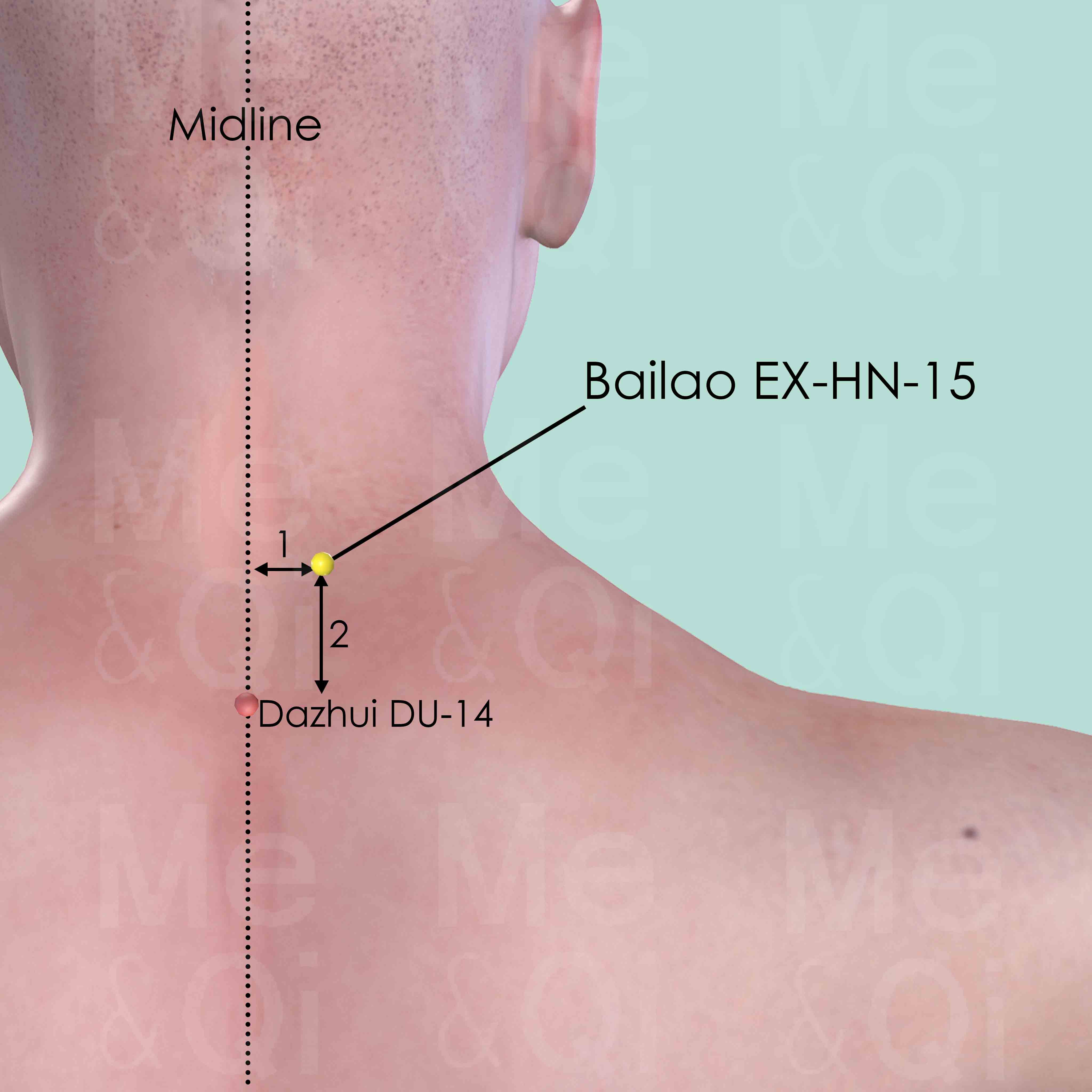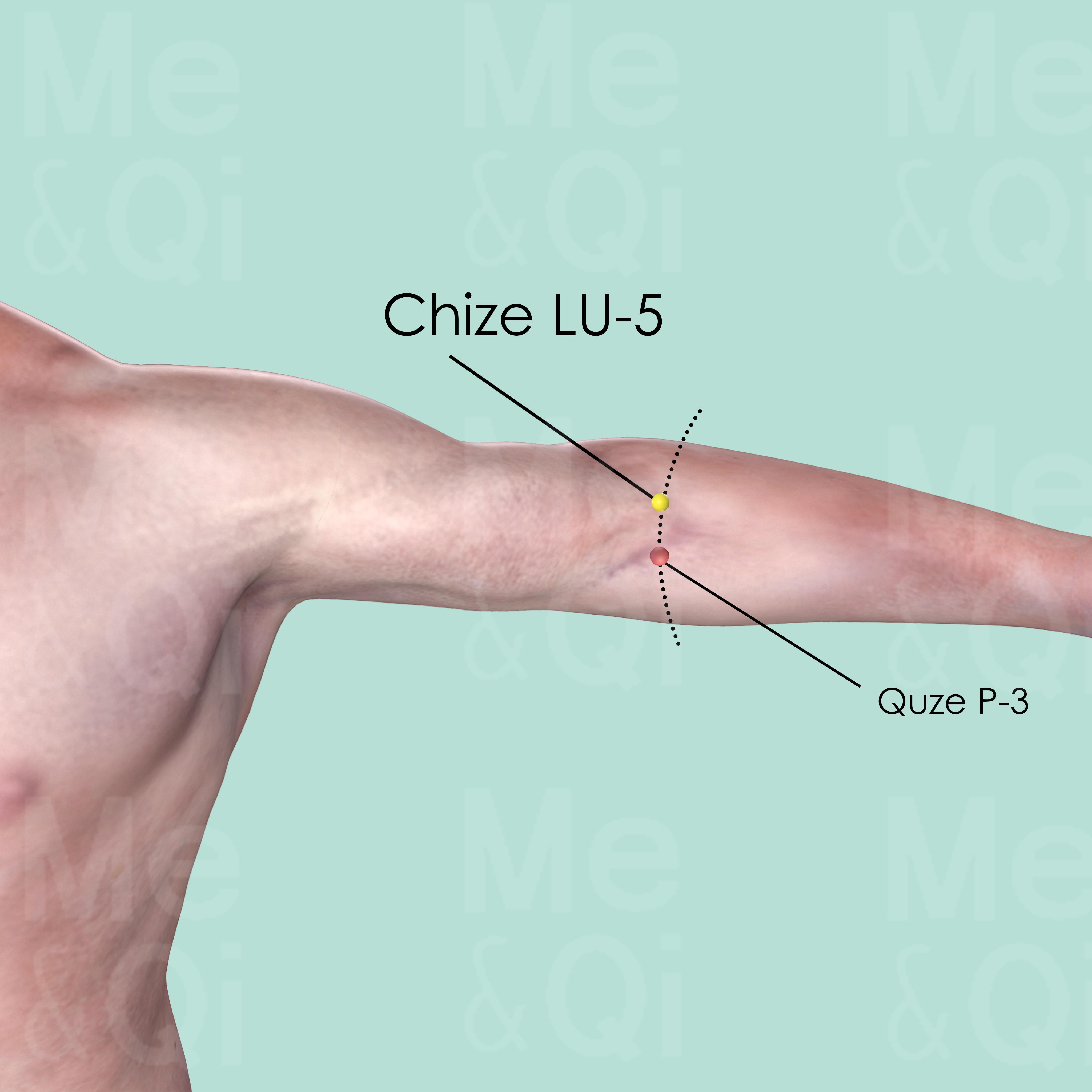Tidal Feveraccording to TCM
Symptom family: Fever and Temperature-Related Conditions
Parent symptom: Fever
Root Causes of Tidal Fever in TCM
Explore below more details about what might cause Tidal fever according to TCM.
Heat
In TCM "Heat" signifies an excess of Yang energy, leading to an imbalance where heat predominates over the body's cool Yin aspects. This condition is metaphorically akin to an internal over-heating. Symptoms indicative of Heat can include feelings of warmth, fever, sweating, irritability, red face, thirst with a preference for cold drinks, and a rapid pulse. The tongue may appear red with a yellow coating. Unlike the common interpretation of heat in terms of temperature, in TCM, it represents a state of hyperactivity or inflammation in the body.... see more
Heat Patterns That Can Lead to Tidal Fever
Common Symptoms: Irritability Spontaneous Sweat Eye Hyperemia Dry Mouth Palpitations Lower Abdominal Oppression Painful Urination Excessive Menstruation
| Pattern Name | Relevant Symptoms | Relevant Formulas |
|---|---|---|
| Liver Qi Stagnation with Spleen Qi Deficiency that transforms into Heat | Tidal fever, Irritability, Spontaneous sweat, Eye hyperemia, Dry mouth, Palpitations, Lower abdominal oppression, Painful urination, Excessive menstruation, Abnormal uterine bleeding, Infertility... see more | Jia Wei Xiao Yao San |
| Empty-Heat caused by Yin Deficiency | Tidal fever, Nighttime fever, Emaciation, Chronic pyelonephritis, Pulmonary tuberculosis, Renal tuberculosis, Hot palms and soles, Red skin eruptions, Night sweats, Generalized fatigue, Irritability... see more | Qing Hao Bie Jia Tang |
Qi Deficiency
Qi Deficiency in TCM is like running low on battery power. Qi is the vital energy that powers every function in your body. When there's a Qi Deficiency, it means your body doesn't have enough of this essential energy. This can make you feel tired all the time, weak, or even cause shortness of breath. It's similar to how you feel when you haven't had enough sleep or nutritious food. Your body just doesn't have the energy it needs to perform at its best. Unlike modern medicine, which often focuses on specific physical causes for fatigue and weakness, TCM views Qi Deficiency as an overall energy depletion that affects your entire well-being, and it seeks to replenish and balance this vital energy.... see more
Qi Deficiency Patterns That Can Lead to Tidal Fever
| Pattern Name | Relevant Symptoms | Relevant Formulas |
|---|---|---|
| Liver Qi Stagnation with Spleen Qi Deficiency that transforms into Heat | Tidal fever, Irritability, Spontaneous sweat, Eye hyperemia, Dry mouth, Palpitations, Lower abdominal oppression, Painful urination, Excessive menstruation, Abnormal uterine bleeding, Infertility... see more | Jia Wei Xiao Yao San |
Qi Stagnation
Qi Stagnation in TCM is like having a traffic jam in your body's energy system. Qi, the vital life force that flows through your body, is supposed to move smoothly to maintain health and balance. But with Qi Stagnation, this flow gets blocked or slowed down, like cars stuck on a highway. This can lead to symptoms like feeling stressed, emotional mood swings, and physical discomfort, often described as a feeling of fullness or tightness, especially in the chest or abdomen. It's as though the body's internal energy circulation is disrupted, causing various issues. TCM sees this as an energy flow problem, different from modern medicine's focus on specific physiological processes.... see more
Qi Stagnation Patterns That Can Lead to Tidal Fever
| Pattern Name | Relevant Symptoms | Relevant Formulas |
|---|---|---|
| Liver Qi Stagnation with Spleen Qi Deficiency that transforms into Heat | Tidal fever, Irritability, Spontaneous sweat, Eye hyperemia, Dry mouth, Palpitations, Lower abdominal oppression, Painful urination, Excessive menstruation, Abnormal uterine bleeding, Infertility... see more | Jia Wei Xiao Yao San |
Yin Deficiency
Yin deficiency in TCM is a pattern of disharmony characterized by a depletion of the body's Yin energy, which represents the cooling, moistening, and nurturing aspects of our physiology. This condition often arises from factors like chronic stress, overwork, insufficient rest, or prolonged illness. Symptoms of Yin deficiency can include a sensation of heat, especially in the afternoon or evening, night sweats, insomnia, a dry mouth or throat, and a red tongue with little coating. There might also be a general feeling of restlessness or irritability. Since Yin is essential for balancing the body's active and warm Yang energy, its deficiency leads to a relative excess of Yang, manifesting as heat or dryness symptoms.... see more
Yin Deficiency Patterns That Can Lead to Tidal Fever
| Pattern Name | Relevant Symptoms | Relevant Formulas |
|---|---|---|
| Empty-Heat caused by Yin Deficiency | Tidal fever, Nighttime fever, Emaciation, Chronic pyelonephritis, Pulmonary tuberculosis, Renal tuberculosis, Hot palms and soles, Red skin eruptions, Night sweats, Generalized fatigue, Irritability... see more | Qing Hao Bie Jia Tang |
Liver
In TCM the Liver is viewed as the organ responsible for the smooth flow of Qi, Blood, and emotions throughout the body. It plays a key role in regulating mood, storing blood, supporting digestion, and ensuring the health of tendons and eyes. When the Liver malfunctions or is imbalanced in TCM, it can lead to a range of issues such as irritability, mood swings, menstrual irregularities, eye problems, and muscular stiffness or pain. A malfunctioning Liver in TCM reflects not only physical disturbances but also emotional and mental disharmony, emphasizing the holistic approach of TCM in addressing health and wellness.... see more
Liver Patterns That Can Lead to Tidal Fever
| Pattern Name | Relevant Symptoms | Relevant Formulas |
|---|---|---|
| Liver Qi Stagnation with Spleen Qi Deficiency that transforms into Heat | Tidal fever, Irritability, Spontaneous sweat, Eye hyperemia, Dry mouth, Palpitations, Lower abdominal oppression, Painful urination, Excessive menstruation, Abnormal uterine bleeding, Infertility... see more | Jia Wei Xiao Yao San |
Spleen
In TCM the Spleen plays a vital role in digestion and transformation, converting food into energy and nutrients, and overseeing the distribution of Qi and Blood. It's also crucial in maintaining the health of muscles and limbs and ensuring the blood remains within the vessels. When the Spleen malfunctions in TCM, it can lead to a variety of issues such as digestive disorders, fatigue, weak muscles, bloating, and a feeling of heaviness. It can also cause a pale complexion, poor appetite, and a tendency to bruise easily. Emotionally, a Spleen imbalance is often associated with excessive worry or overthinking, reflecting its role in the interplay between physical and mental health.... see more
Spleen Patterns That Can Lead to Tidal Fever
| Pattern Name | Relevant Symptoms | Relevant Formulas |
|---|---|---|
| Liver Qi Stagnation with Spleen Qi Deficiency that transforms into Heat | Tidal fever, Irritability, Spontaneous sweat, Eye hyperemia, Dry mouth, Palpitations, Lower abdominal oppression, Painful urination, Excessive menstruation, Abnormal uterine bleeding, Infertility... see more | Jia Wei Xiao Yao San |
TCM Herbal Formulas for Tidal Fever
Explore below some TCM herbal formulas used to address tidal fever, organized by cause and by formula type.
- By Cause
- By Formula Type
- Heat
- Qi Deficiency
- Qi Stagnation
- Yin Deficiency
- View More Causes
- Formulas that harmonize liver-Spleen
- Formulas that clear heat from deficiency
Top Formula for Heat:
Jia Wei Xiao Yao San
Suitable for Heat patterns that may cause tidal fever, such as Liver Qi Stagnation with Spleen Qi Deficiency that transforms into Heat
Learn moreAll Formulas Recommended for Tidal Fever Caused by Heat
| Formula | Patterns Suitable For |
|---|---|
| Jia Wei Xiao Yao San | Liver Qi Stagnation with Spleen Qi Deficiency that transforms into Heat |
| Qing Hao Bie Jia Tang | Empty-Heat caused by Yin Deficiency |
Top Formula for Qi Deficiency:
Jia Wei Xiao Yao San
Suitable for Qi Deficiency patterns that may cause tidal fever, such as Liver Qi Stagnation with Spleen Qi Deficiency that transforms into Heat
Learn moreTop Formula for Qi Stagnation:
Jia Wei Xiao Yao San
Suitable for Qi Stagnation patterns that may cause tidal fever, such as Liver Qi Stagnation with Spleen Qi Deficiency that transforms into Heat
Learn moreTop Formula for Yin Deficiency:
Qing Hao Bie Jia Tang
Suitable for Yin Deficiency patterns that may cause tidal fever, such as Empty-Heat caused by Yin Deficiency
Learn moreFormulas that harmonize Liver-Spleen
These formulas are suitable for some tidal fever-causing patterns like Liver Qi Stagnation with Spleen Qi Deficiency that transforms into Heat.
One such formula is Jia Wei Xiao Yao San, with bupleurum root as a key herb.
Formulas that clear Heat from Deficiency
These formulas are suitable for some tidal fever-causing patterns like Empty-Heat caused by Yin Deficiency.
One such formula is Qing Hao Bie Jia Tang, with softshell turtle shell as a key herb.
Acupoints for Tidal Fever
Explore below some acupoints used to address tidal fever, organized by meridian.
- By Meridian
- Extra Points: Head and Neck (EX-HN)
- Lung Channel

Bailao EX-HN-15
2 cun above the lower border of the spinous process of the 7th cervical vertebra (C7) and 1 cun lateral to the midline.

Chize LU-5
On the cubital crease, on the redial aspect of the biceps tendon. It can be easily identified when the elbow is slightly flexed.
